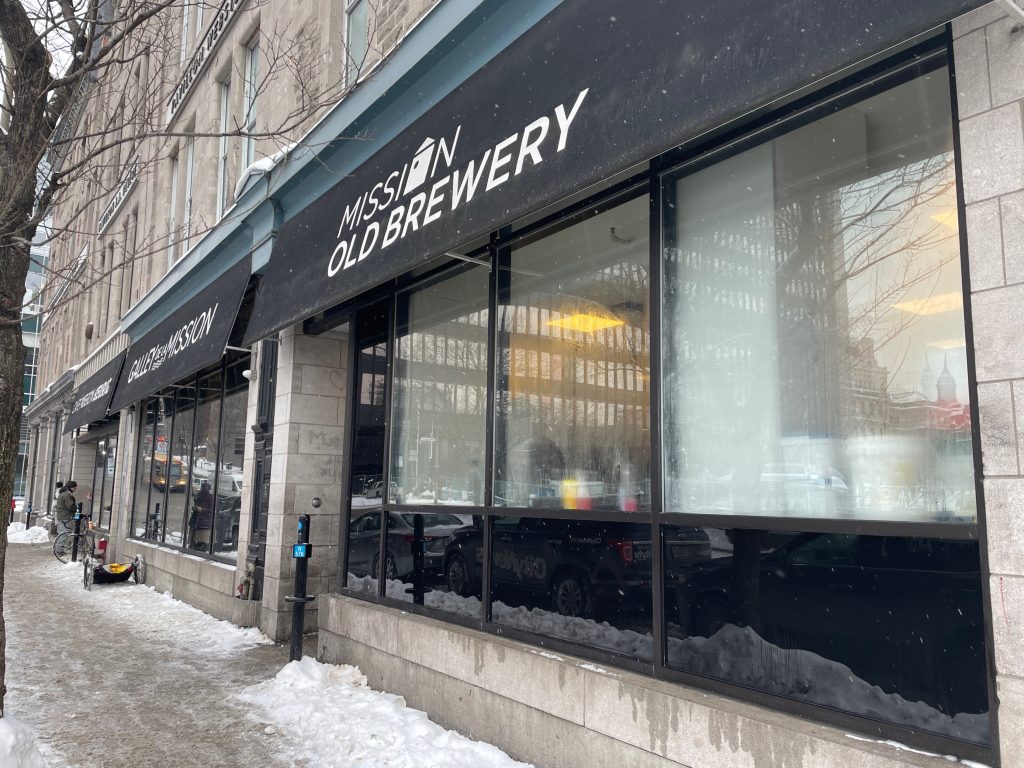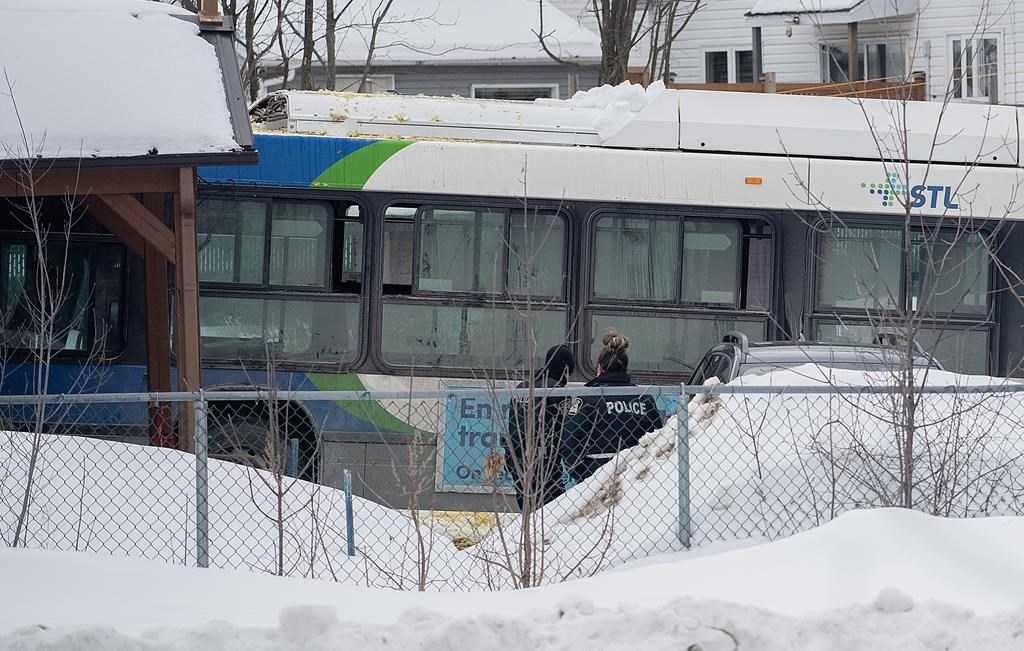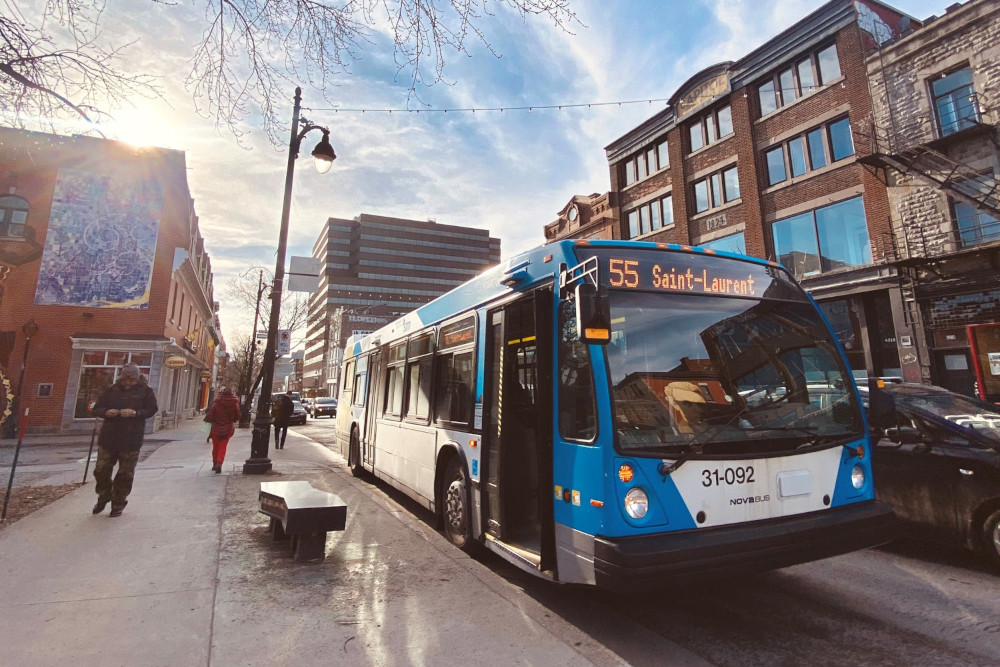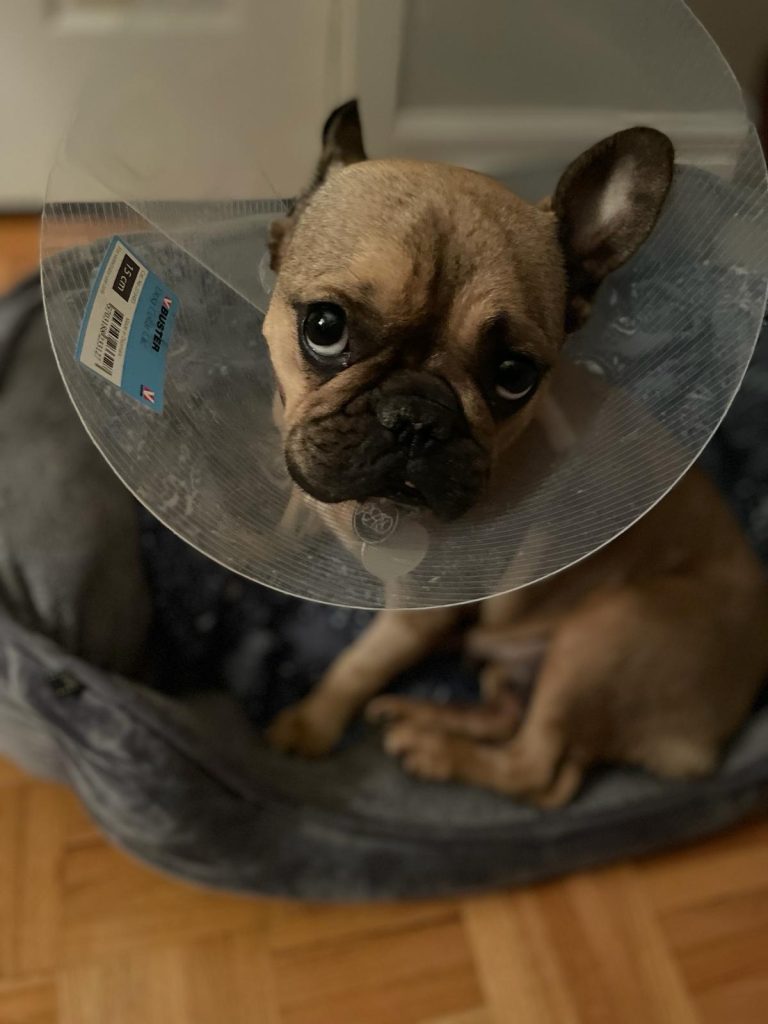Montrealer Joel Campbell reflects on journey touring with Tina Turner

Posted April 1, 2025 6:27 pm.
Last Updated April 1, 2025 10:52 pm.
Montrealer Joel Campbell, originally born in London, England, began his career as a musical director and keyboardist.
He worked alongside many prominent names in the industry, including the music icon Tina Turner.
Now, he is reflecting on his journey touring the world with the superstar and how those days were “simply the best.”
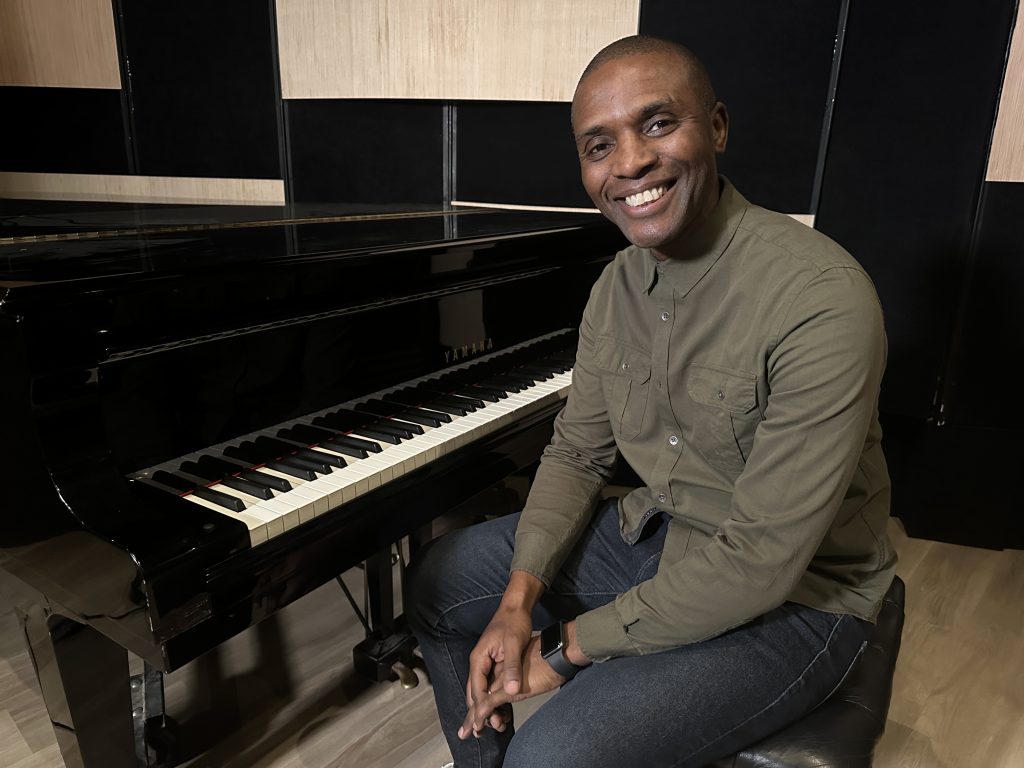
The early days
Campbell’s passion for music began at a very young age — he says as early as two or three years old.
“I used to actually go around the house and make myself these little wooden instruments and play. And my mother would ask me, ‘What are you doing?’ And I’d get like a little rubber band and some wood, and I’d just be playing, and I’d bring it with me when we’d go to church, and I’d be playing, playing, and she’d be like, ‘Hmm.'”
He says from that point on, he knew there was something inside him about music that he truly wanted to pursue.
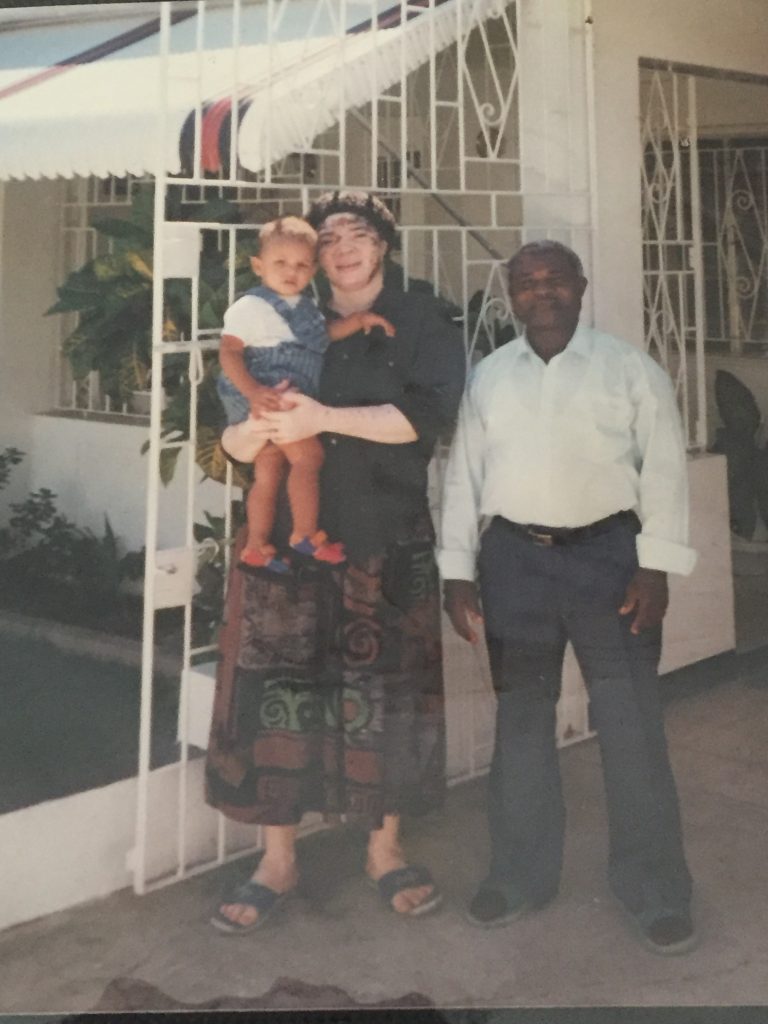
At around 18 years old, he went up to his father and told him he wanted to become a musician. His father replied, “Okay, first you need to go to university and get a diploma. When you finish, I’ll give you six months, and if it doesn’t work out, you have to get a job.”
He agreed, completed his studies, and after graduating, his father said, “Well done, Joel. Six months.” After that, he didn’t say another word.
Campbell says he would see his father every day. He’d come into the house, and for the first and second months, he had nothing to show.
As the clock kept ticking, by the fourth and fifth month, Campbell started sweating, thinking, “This can’t be it.”
He said it was such a passion, and since his friends were involved in music at the time, they gave him advice to do auditions and try different things, so he decided to see if he could get with an agency and start auditioning.
Before doing that, he had no idea his life was about to change in the final month of the six-month time frame.
His big break
One day, he was running an errand for his mother, who had asked him to pick something up at the store. As he was coming home and turning into the house, a car pulled up behind him. The car stopped, the window rolled down, and a man said, “Joel.”
He turned around and replied, “Yeah,” to which the man said, “I know your brother,” before asking if he played keyboards. When he said he did, the man told him that his keyboard player had just cancelled for an upcoming tour and asked if he wanted to take the spot.
“I didn’t really know what he was talking about because I hadn’t done anything yet. And he goes, ‘OK, so my management will call you, they’ll bring you a CD. We’re going to be going to Europe for three months.’ And I went, ‘OK.’ And I went in the house, didn’t tell my mom anything, just gave her a word, and I sat down on that,” explained Campbell.
That man was artist and guitarist Ronny Jordan, who gave Campbell his first big break.
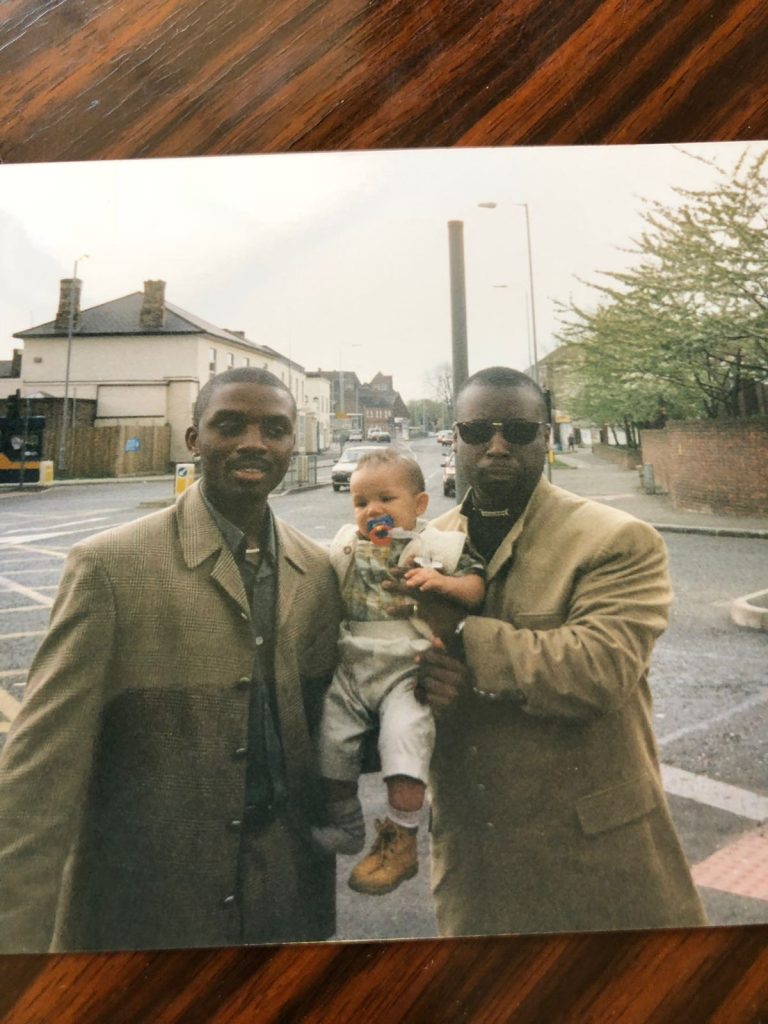
“Everything that’s happened to me in my life since that moment, it stemmed from him from that moment. And what do you know, within a few days, the management shows up at the office, gives me a CD, ‘learn these songs, we’re going to be rehearsing next week.’ And I was like, wait, what? And within weeks, I was gone. Europe. Never left England, and I was travelling around the world, and I did, it just happened like that. And I tell people five seconds later, I would have been in the door, and he would never have thought of me. He just happened to be driving by. He just happened to see me, and he happened to stop the car,” Campbell said.
“I’d had a few jobs, you know, but my passion, my heart, it was just burning. I knew it was music, you know. I just needed that one break with the right person at the right time,” said Campbell.
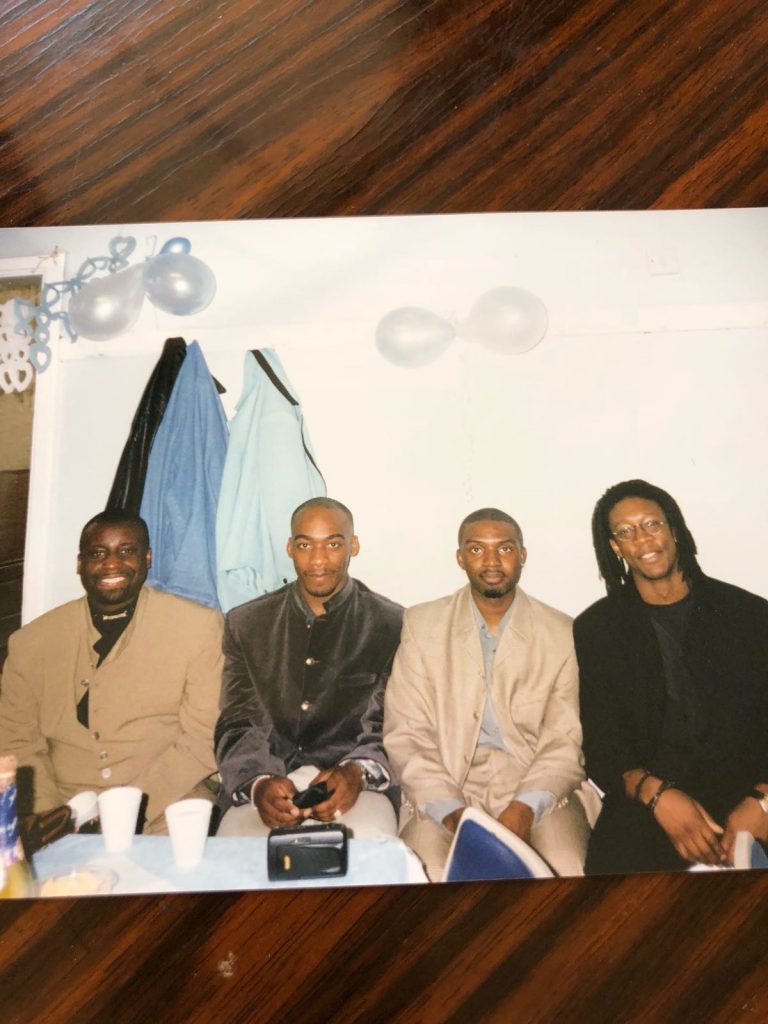
Jordan became both his boss and mentor, and they traveled together for eight years, where he came to Montreal in 1994 for the first time for a show at the Spectrum.
During that time, he also met the mother of his three children.
“It was one of the best nights of my life. And I’ll never forget turning to the bass player at the time and saying, this is one of the best nights of my life. I didn’t realize, you know, that out of there would come my children,” said Campbell.
He explained that when he travelled and went on tour, his father would sit down with him when he got back and ask about the countries and places he had visited, as his father had never been there. His father seemed to live through his experiences and see places that he never got to see.
Tina Turner
When he got married, he moved back to London because his career and everything were built there. His son was with him and with his second son on the way, he realized how much safer and better life was for them in Montreal.
“The family at the time were happy to be in London. But for me, I was thinking to myself, ‘It’s a better life in Montreal.’ And I’m still flying along with the world. So it’s really wherever I’m stationed, I’m going to go. So where would they be most happiest, you know? And at the time, I said, ‘Guys, let’s move back to Montreal,'” he said.
Campbell says he began to truly appreciate Montreal as a city after living there, experiencing its culture and people, which reminded him of Europe, leading to the decision to make Montreal their home.
In early 2000 the family began preparing to move. The house was sold, emptied, and all the furniture was gone.
They were set to move to Montreal in February, but in January, he got a call to audition and learned that Tina Turner was auditioning for a new pianist.
He decided to go to the audition in London without any expectation of getting the tour; and told himself, ‘I’ve got to at least say I went.’
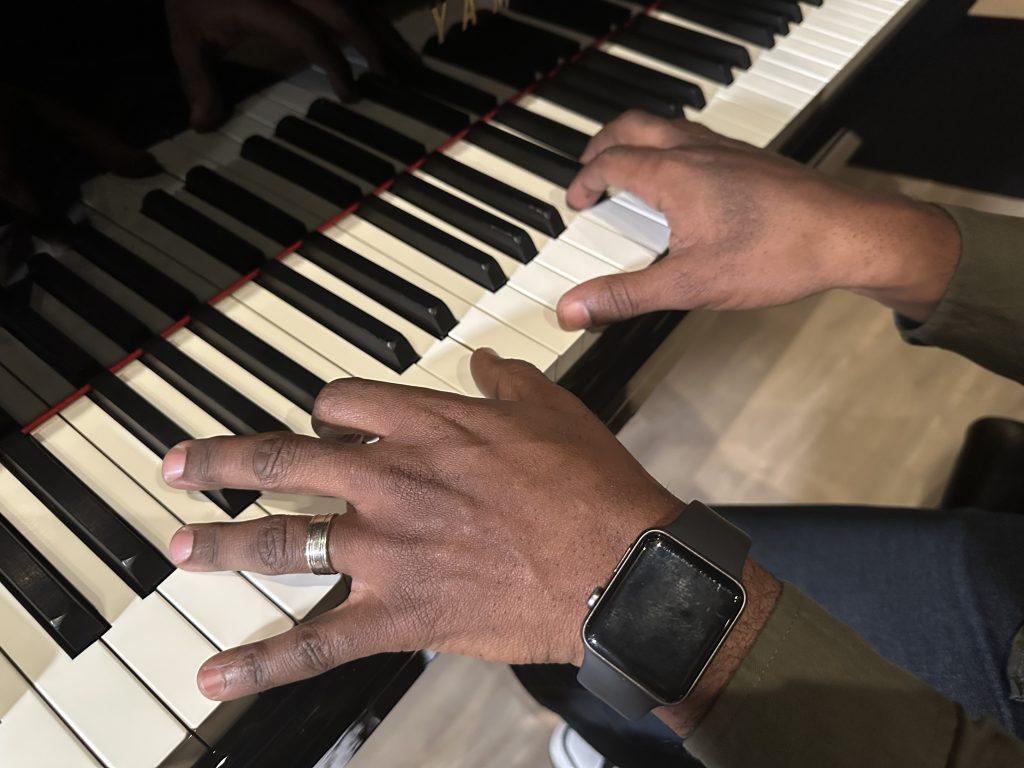
Campbell recalls his first audition.
“I went the first time, she was in the room, amazing atmosphere in the room because she had everybody in there, a whole entourage. And we sang a few songs, and she said, ‘Okay, thank you, Joel.’ And I left, I’m moving to Montreal, that’s all I can think of, I’m going, you know,” he said.
After that, he was called back for a second audition.
“I’m thinking, OK. I went back again, this time I played simply the best, she said, ‘OK, let’s sing together.’ I’m thinking, ‘OK, this is great, I’m singing with Tina Turner, this is a memory, I can take this with me, I’m good.’ But I’m going to Montreal, that’s all I’m thinking, you know.”
The third time, while performing a song, Turner stopped him and began asking him some questions. At first, he was confused and thought it couldn’t be a good sign, but he soon realized it was the moment that taught him the greatest lesson of his life.
“She starts asking about my life, my personal life, my children, what I like to do, who I am. And I was like, OK. And I was questioning why are you asking me all these things? I mean, I’m here playing, you know what I can do, I’m here to be a piano player. And so her phrase to me was, ‘Joel, yes, you can play piano, I’ve already seen you play piano, that’s why you’re in the room. We already want to see you, so we know what you can do. I need to know you as a person, I need to know I can trust you. So I need to know that my family who’s in this room with me will trust you and they’re going to like you.’ And I said, OK,” Campbell said.
“Basically, she was telling me, ‘You’re going to get the show, but understand I’m paying you not because you can play the piano. I can get anybody to play the piano. I’m paying you because I know you’re going to show up. And you’re going to be right, you’re going to treat my people right, I’m not going to have any problems. I’m paying you for my peace of mind.’ And that was one of the greatest lessons I’ve ever learned in life.
“Everybody, every musician, we think it’s our gift that gets us there. That’s not what the artist is thinking. The artist is thinking, ‘I need one more thing less to worry about. You know what I mean? And someone I can trust. More than playing. I know I can trust you.'”
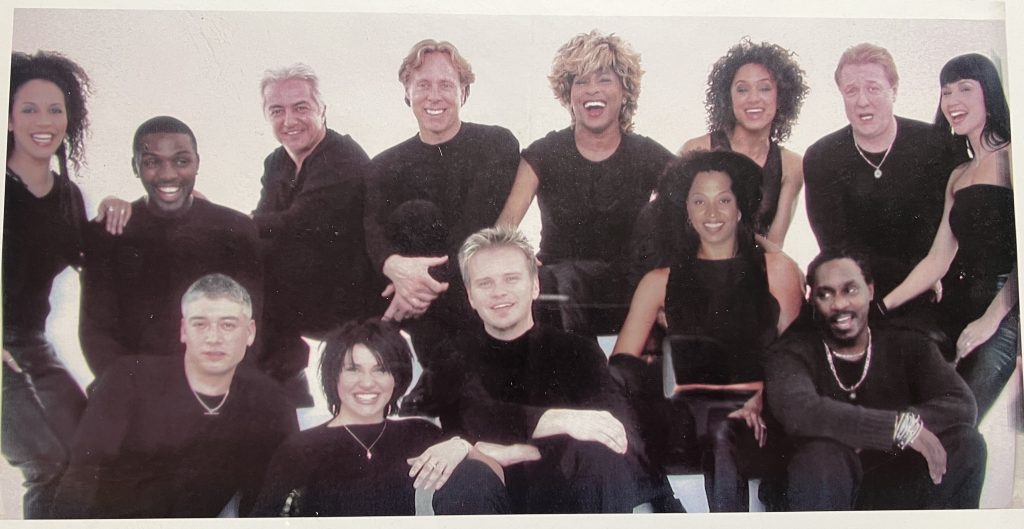
Campbell said it changed his perspective on Turner, as he now saw her as someone who actually cared about him and his life, and what was happening with him.
He added that proved true over many years, as she would always reach out to see how he was doing, just asking about his family and what’s going on, which made him realize, ‘she has time for this’ — and it taught him a big lesson in life about treating people well, not just using them, showing genuine care, and in return, they’ll be loyal and do their best for you.
Following that audition, he spent three days in Montreal, and then left for 10 months to tour the world with Turner as rehearsals were starting in March.
“I had to explain, ‘yeah, we’re going to Montreal, but dad’s going to leave.’ You know, and it was difficult. It was difficult, but it was such an opportunity. It’s like, we couldn’t, we couldn’t, we just couldn’t turn it down. It’s like, we have to take this chance. So we’re grateful for it. No regrets. It went really well,” Campbell said.
He adds that the children even came out and got to hang out with Turner, enjoying being on the road and on stage, which gave them a blast seeing what their dad did for a living. And while it was difficult, they were grateful for the experience.
Campbell joined Turner for two tours.
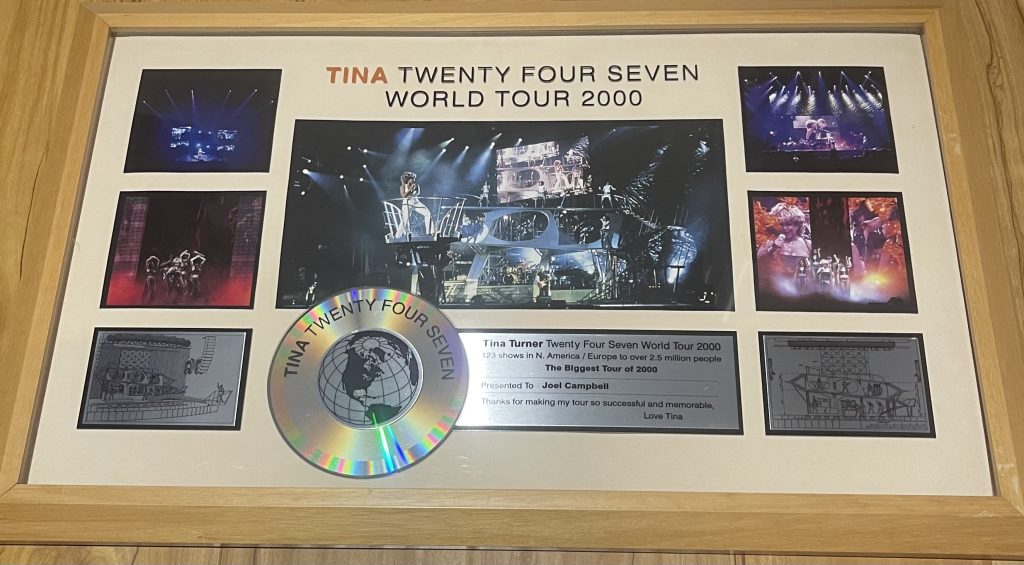
“There are two world tours. There’s the whole 2000, and then there’s the 2009, which is her last two tours she ever did. There was a little promotion tour we did in between that when she was doing a new album. So we did a little European tour, but those were the two major tours.”
He recalled how, after Turner’s retirement announcement in 2000, he was unexpectedly contacted in 2009 about a tour opportunity despite being out of touch, and immediately agreed to participate.
“In 2000, she was like, she said to us, ‘OK, guys, I said I’m done, I’m going to retire.’ So we all went home thinking that was great. ‘Thank you, Miss Turner.’ I didn’t think we’d see her again. So 2009 came around, and I remember I was in Jamaica visiting my parents, and my cell was shut off. I had no idea what was going on. And I remember when I landed and I got off the plane, I turned my cell on, and there were all these multiple numbers coming up. I’m listening to the messages, and it’s her office saying, ‘Joel, Joel, what are you doing? Joel, call us back when you get this message.’ Now, they could easily have said, ‘He’s not answering, just get somebody else.’ Easily, you know. But that’s that. ‘Let’s see if he’s doing OK first.’ You know what I mean? And when I called them and said I’d been away, they go, ‘No problem, we’re going to get rid of your spot. Are you available to do the tour?’ I said, ‘Absolutely,’ explained Cambell.
He said that’s when they did the final tour in 2008/09.
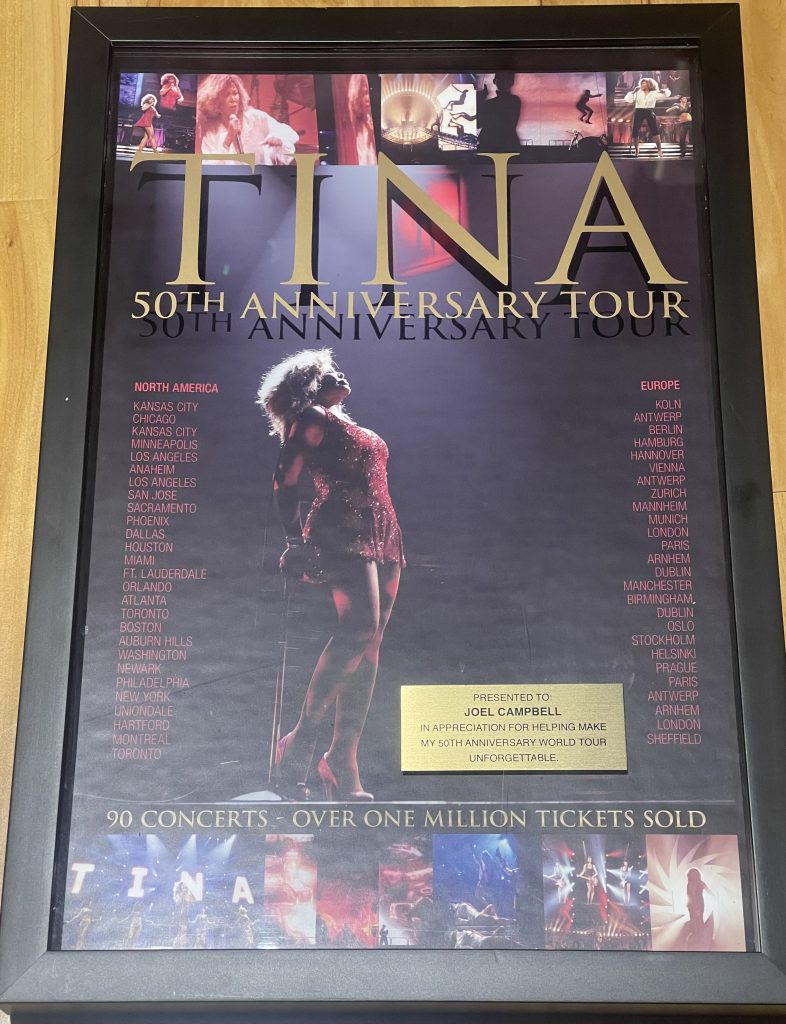
Turner passed away on May 24, 2023, due to a number of health issues. Although she is gone, the memories made together and the lessons he learned will live on.
Out of all the memories and lessons he has learned from Turner, he says she taught him a lesson on how to treat people.
He’s reflected on how his parents taught him to treat people well, and how witnessing someone who operates at a high level still takes the time to connect with others made a lasting impression, especially during a meaningful dinner on the second-to-last night of a tour.
“We’re sitting on the table and we’re having a nice time. And she gets up and she starts to speak to us. And she goes, ‘guys, you know, this is really it. I spent 50 plus years of my life on the stage. I want to go live. I want to be happy. And I want you guys to remember what we’ve been through,'” said Campbell.
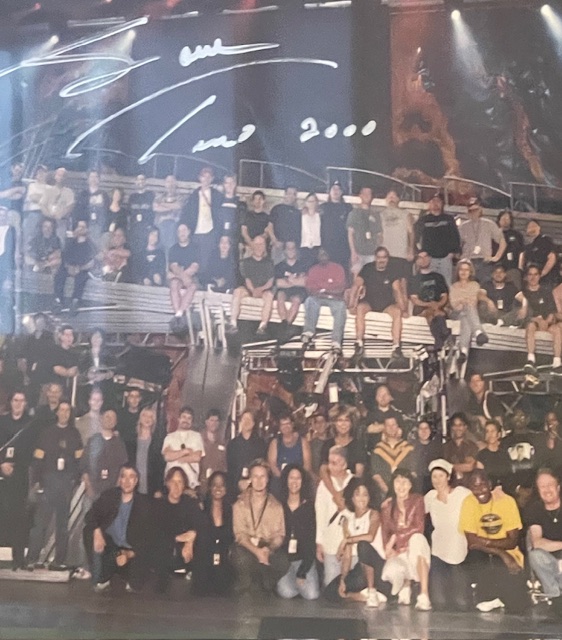
He reflects on how he realized the deep bond others had with her, as she had shared significant life moments with them, and how her farewell felt like a motherly reminder to be kind, love others, and cherish the journey.
“We were just sitting in the restaurant and I’m listening to this woman just talking with them to us and telling us things that we need to know. Certain things I can’t say, but that’s one of those. Those are one of the conversations that I’ll never forget. I was there, she said, when you guys did this. So they’ve walked in single musician, found a spouse. She was there, got married. She was there, had kids. She was there, grandkids. She was there, bought a house. She was there. I don’t think I turned myself in. You were there. I was there. So we had done life together guys, you know, so it was incredible, incredible,” said Campbell.
Present day
Joel Campbell explains that he is currently working as a composer for TV and film, as well as a pastor.
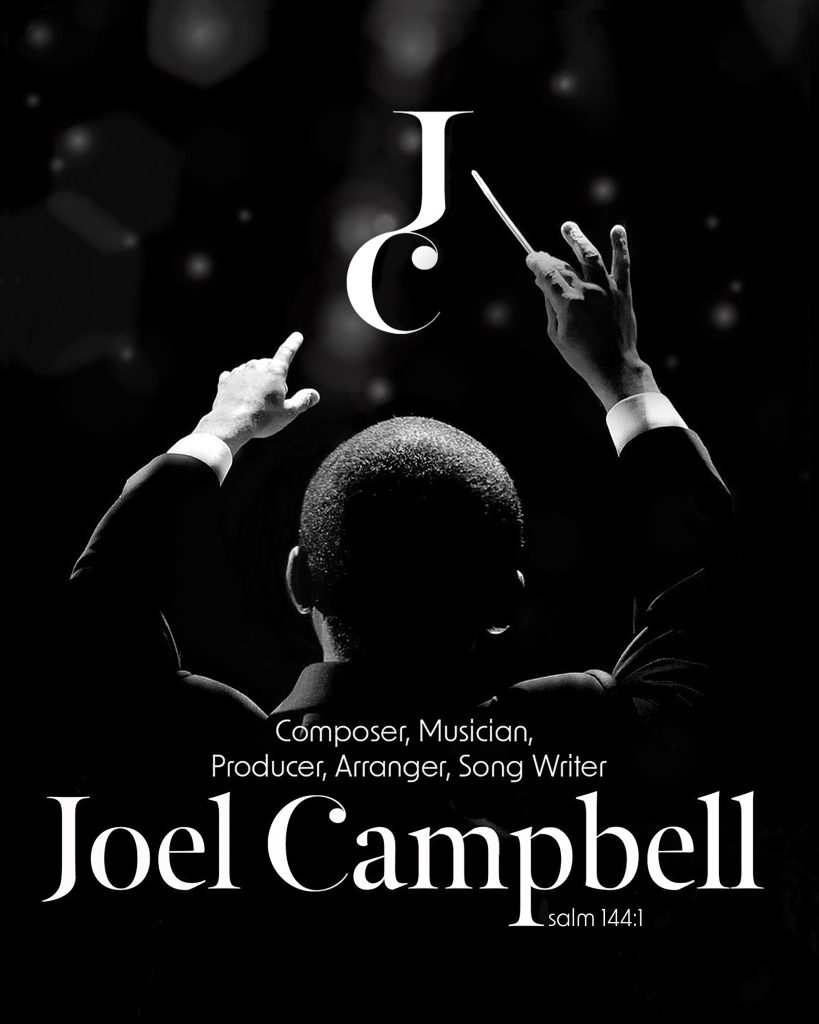
He started composing music for documentaries and films thanks to his brother, John Campbell, a writer-director. This opportunity has led to many successes, including award-winning projects and documentaries now being aired on NBC Comcast.
In addition to his music career, Joel is also involved in pastoring. He and his wife, Marcia Bailey, served as music and arts directors at the Resurrection Center for seven years, which inspired him to pursue his minister’s license.
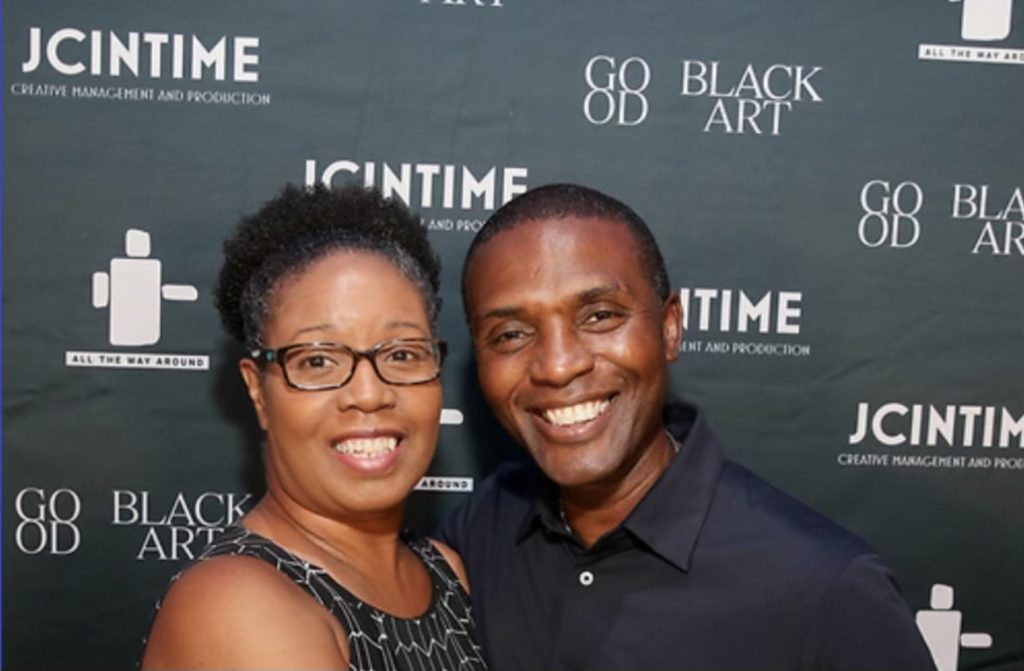
He continues to balance his work in music, ministry, and family life with his wife, leading their ministry, the Mani Gospel Singers, and enjoying their shared life and work together.
He wants people to remember him as someone who positively influenced their lives, especially through prayer. He hopes they will think of him as a praying man who genuinely cared for them and remembered them.
By telling people that he’s praying for them, he believes it can make a difference in their lives, even if they don’t realize it at the time, because knowing someone is praying for them brings a sense of comfort and support. He wants to be remembered as someone who cared deeply and prayed for others.
“I was that person who said, I’m thinking about you. I’m praying for you and I will always be there. Someone you can count on. I want to be a good influence to people.
“There’s so much more that I’d like to do, especially mentor. Mentorship is so dear to my heart. The opportunity to talk into young people’s lives and tell them the mistakes I made that they don’t need to make. Just to guide them through the industry, life advice, how to balance family, travelling, pressures. I would love to be able to mentor people, young people, and say, ‘guys, here’s how it goes.’ And they can pick up the phone and call me anytime and say, ‘Joel, what about this?’ And I will be there. I would love to do that.”
